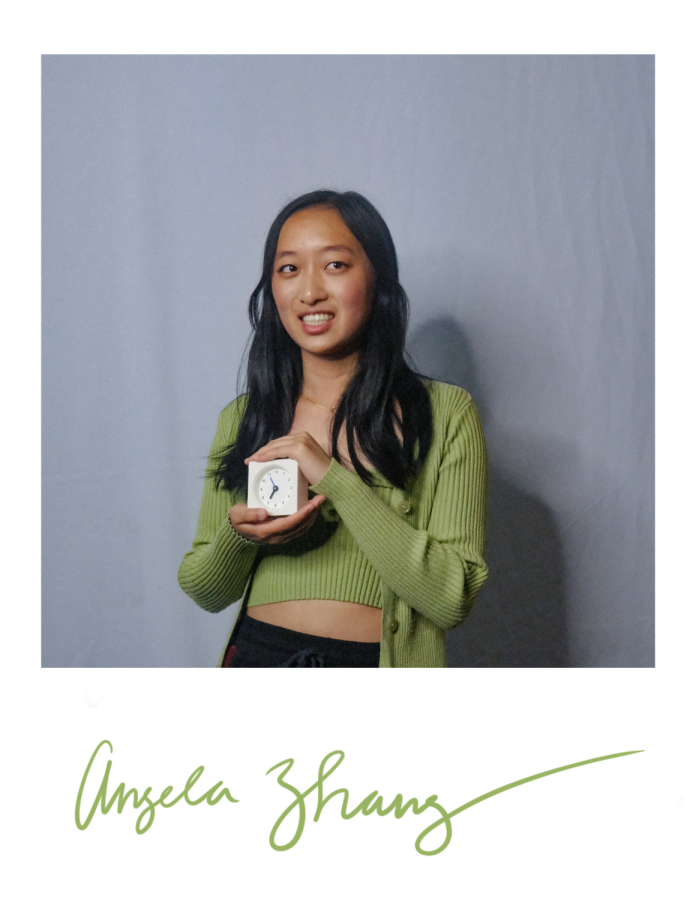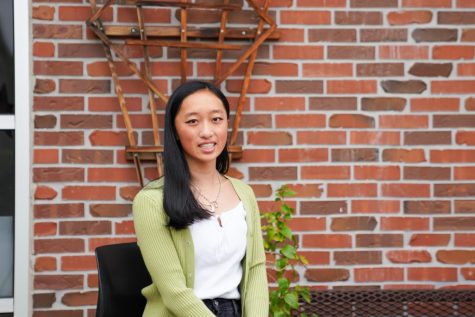Learning to procrastinate
Facing toxic productivity
May 31, 2023
When I talk to people about my struggles with procrastination, they usually assume I want to procrastinate less. In fact, my goal is the opposite: I want to learn to procrastinate more and let go of my toxic productivity mindset.
My harmful habits developed at the end of freshman year when the COVID-19 pandemic first sent us into lockdown, giving me more free time than I knew what to do with. Since I had a lot of spare time, I completed every assignment immediately after it was assigned — the start of my extreme anti-procrastination habits.
My sophomore year was also online, intensifying the toxic productivity mindset that I had developed during the lockdown. Before, when we went to school in person, I would spend my lunch break socializing with friends — with online learning, I had nothing to do after eating lunch, and I would end up using my lunch and brunch breaks to get a head start on homework. Continuing my habit of completing assignments early, I would often be the first in my class to write my discussion post, an entire week before the deadline. In the case that I did have to wait to complete an assignment right before the deadline due to another commitment, I would feel anxious and worried about not having enough time to finish, leading to my avoidance and fear of procrastination.
My motivation for my work ethic was thinking that if I completed everything early, I would have more time to rest and do what I wanted later on. But this never happened. I always found more tasks to do by working on long-term projects in advance or taking on another extracurricular activity. I was stuck on a hamster wheel — doing endless work, even if it was unnecessary.
By junior year, the consequences of my toxic work habits began to emerge — I learned that one of the tradeoffs of having a strong work ethic is experiencing frequent burnout. After a rough week of tests and papers due, I would completely crash after getting home from school on Friday, and not have any energy to leave my room until the next morning. However, even when I would get burnt out, my fear of falling behind prevented me from “doing nothing” for an extended period of time, as I often tied my self-worth to how much work I completed.
When I submitted my final college application last year, the end goal of high school in many students’ eyes, I finally felt like I could let go of my need to be productive, or so I thought.
The stereotype of second-semester seniors is that we slack off and only do the bare minimum, and I planned to fully embrace this to heal from four years of burnout. But my plans were quickly sabotaged. Once we returned to school after mid-year break, I suddenly had a lot of free time again. Even after completing my homework, I felt restless and guilty doing nothing. I had wired my brain to be a productivity machine to the point where I didn’t know how to be unproductive anymore.
After enduring this vicious cycle for so long, I decided that in order to fully enjoy my last semester of high school, I had to embrace unproductivity. This period between the end of high school and college was the perfect time to break free from my toxic cycle of productivity.
Over the past few months, I have built up a balanced work ethic that I like to call “intuitive productivity.” If I feel motivated, I will do my work and study for tests. But the minute that I feel tired, I’ll allow myself to binge Netflix for as long as I want. Now, I let myself start my homework the day before it’s due, and procrastinate studying for tests until the night before.
In my last semester of high school, I have become a marginally worse student, but my mental health has improved infinitely. I value myself regardless of how many tasks I’ve completed in a day. Instead of starting weeks before, I only began to write this senior column a few days prior to the deadline — a big progress compared to a year ago. I was finally able to break free from the productivity hamster wheel, and have learned to embrace procrastination.


















